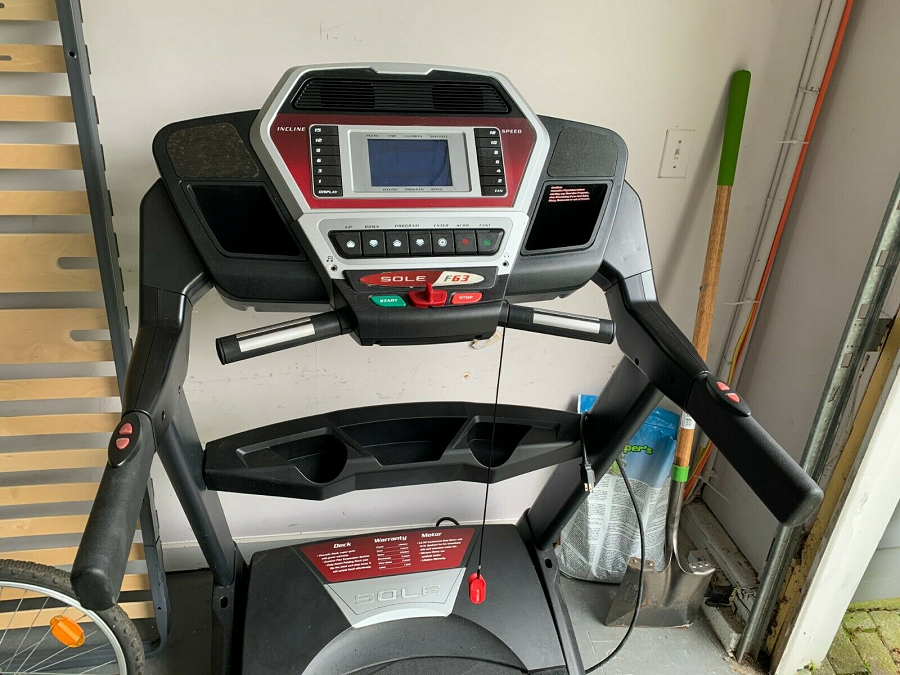Empowerment in healthcare begins with knowledge. Dr Michael Lebow approach to vascular care is built on this principle—he believes that well-informed patients can make better decisions and actively participate in their health journey. Combining patient education with personalized treatment, Dr. Lebow ensures that individuals facing vascular disease feel supported, understood, and equipped to regain their health and improve their quality of life.
The Role of Education in Patient Empowerment
Vascular disease can be complex and intimidating for patients, often accompanied by concerns about symptoms, treatment options, and long-term outcomes. Dr. Lebow recognizes that fear and uncertainty can hinder recovery and decision-making. That’s why he prioritizes clear, compassionate communication to educate patients about their condition in understandable terms.
From explaining how blood flow affects overall health to detailing the benefits and risks of various treatment options, Dr. Lebow ensures that patients have the information they need to make informed choices. This transparency builds trust and reduces anxiety, empowering patients to take an active role in their care rather than feeling like passive recipients of treatment.
Personalized Treatment Plans that Respect Patient Goals
Education goes hand-in-hand with personalized treatment. Dr Michael Lebowknows every patient’s situation is unique, and treatment plans should reflect individual needs, preferences, and lifestyles. By thoroughly assessing each patient’s vascular health using advanced diagnostic tools, he creates tailored care strategies that address specific issues while aligning with the patient’s personal goals.
Whether the goal is to improve mobility, manage pain, or prevent serious complications, Dr. Lebow involves patients in setting realistic expectations and choosing the most suitable interventions. This collaborative approach encourages patients to engage fully in their treatment and fosters better adherence to therapy and lifestyle recommendations.
Minimally Invasive Techniques to Support Patient Comfort
A key aspect of Dr. Lebow’s treatment philosophy is minimizing discomfort and disruption to patients’ lives. When possible, he uses minimally invasive vascular procedures that reduce pain, lower risks, and shorten recovery times. Patients benefit from less invasive options such as angioplasty and stenting, which open blocked blood vessels without the need for major surgery.
These methods not only improve physical outcomes but also enhance emotional well-being by allowing patients to resume daily activities more quickly. By educating patients about these modern techniques and what to expect, Dr. Lebow helps reduce fears associated with treatment and fosters a sense of confidence.
Ongoing Support and Lifestyle Guidance
Empowerment does not end after treatment. Dr. Lebow provides ongoing support and education to help patients maintain vascular health over the long term. He offers guidance on lifestyle modifications such as diet, exercise, and smoking cessation, emphasizing their role in preventing disease progression and supporting recovery.
Regular follow-up appointments allow Dr. Lebow to monitor progress and adjust treatments as needed, ensuring patients remain informed about their health status. This continuous partnership between doctor and patient creates a supportive environment where individuals feel empowered to manage their vascular condition proactively.
Building Confidence for a Healthier Future
By combining education, personalized care, minimally invasive treatment, and long-term support, Dr Michael Lebowempowers patients to take control of their vascular health. His approach transforms a potentially overwhelming medical journey into one marked by clarity, collaboration, and hope.
For patients facing vascular challenges, this empowerment fosters confidence—not just in their treatment but in their ability to live full, active lives. Dr. Lebow’s dedication to patient education and individualized care exemplifies how compassionate healthcare can lead to better outcomes and improved quality of life.




